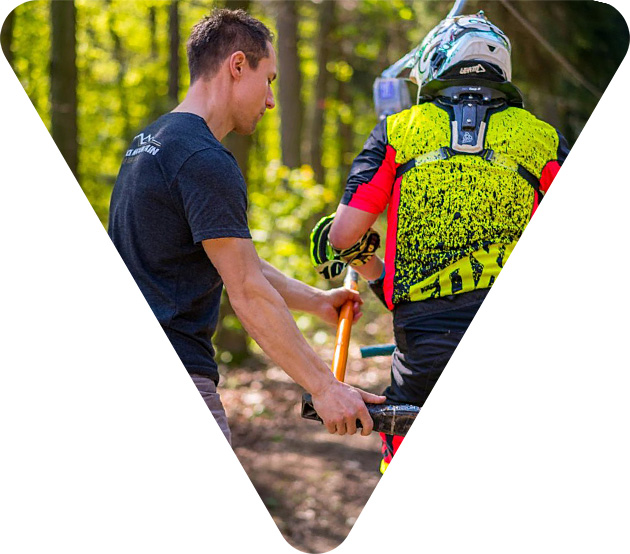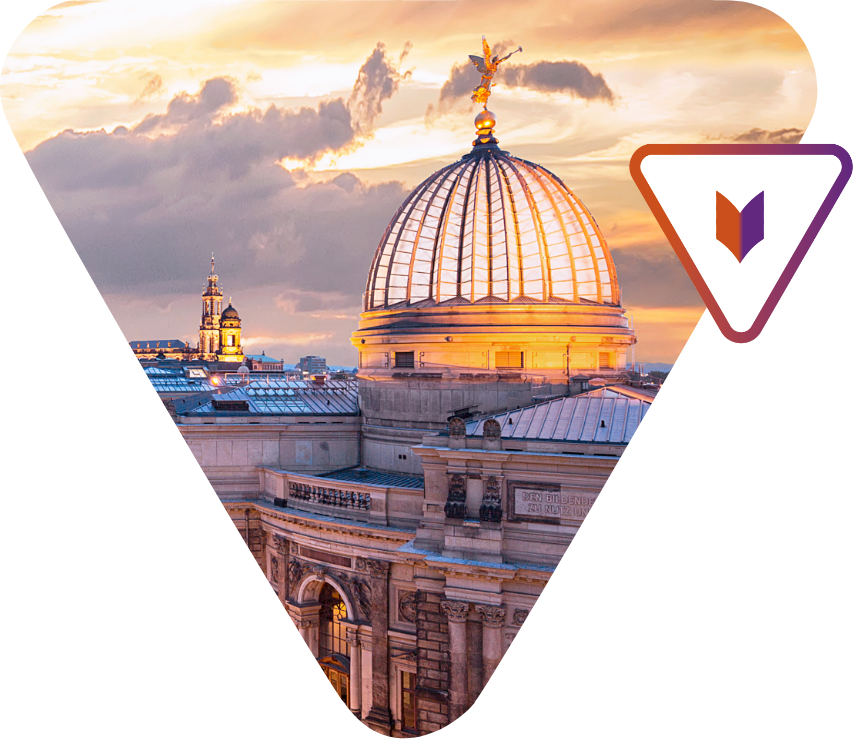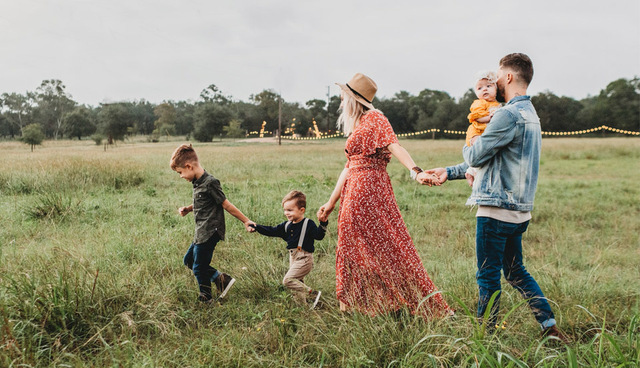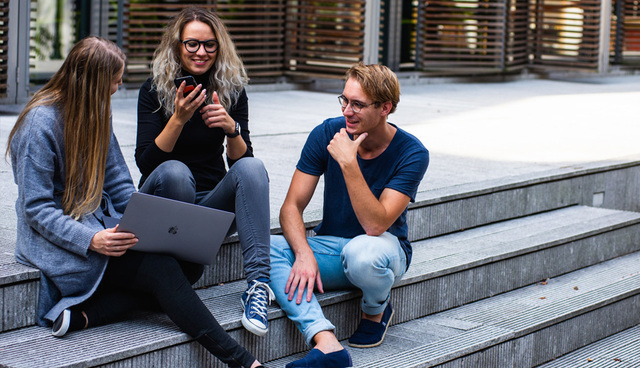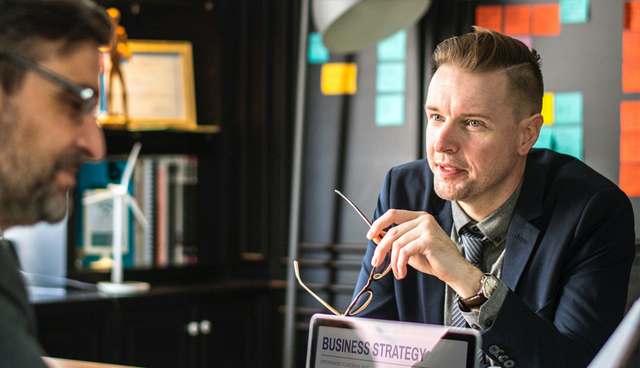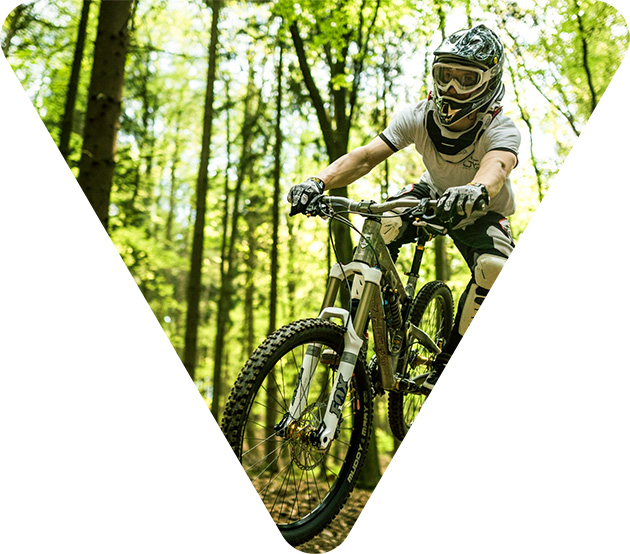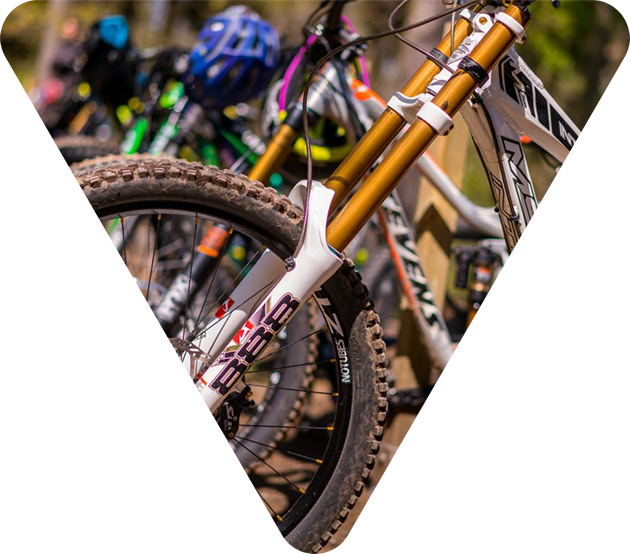More support wanted
For Robin Klinkert, one of the biggest weak points was the support provided by the authorities. “The bike park is a truly unique selling proposition for the region; it has enormous potential as a tourist attraction, extending well beyond the region's borders. Despite that, it felt as if I was more or less being left to my own devices for most of the planning and implementation phase.” Klinkert sees this as where the “Wachstumsregion Dresden” (“Dresden, a fast-growing region”) initiative can come in, offering better support for the self-employed and for innovative ideas and thus helping even more projects like his to grow in the region.
“A well-connected advisor who does not just give you phone numbers you can find yourself online, but instead offers support with complex processes. That would be my personal wish for anyone starting up a visionary project.” Another aspect which he sees as problematic is the trend in rental costs in the region: the gap between people’s incomes and what they pay on rent is narrowing.
By this point, Robin Klinkert is sitting on one of his wooden ramps, which he put hours of work into building himself. Behind the jump, there is a drop of a good three metres. The ghost of a grin flits across his face. It is the same grin seen on everyone daring enough to take the ramp and to overcome their own inertia – whether here at the Black Mountain Bike Park or by returning to the burgeoning region of Dresden.
